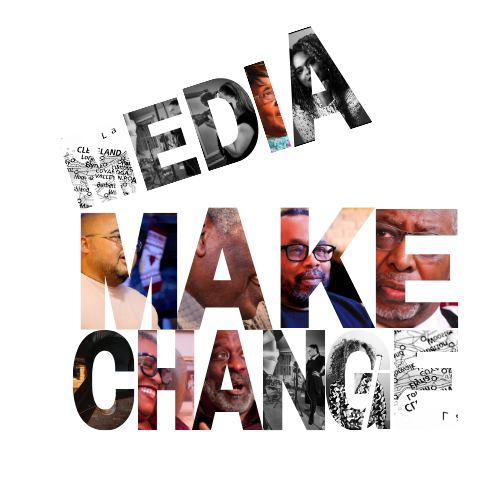Living Commandments for Education Advoacy
(Note: this document is living in the sense that it is constantly being updated.)
Thou shall not pick a fight (or maybe do pick a fight). Ask: Do we want to pick a fight with an oppositional campaign?
Thou shall co-opt language from the other side. Ask: Do we want to use the word ‘freedom’ deliberately in messaging (e.g. ‘ public education as/is freedom’; ‘freedom for our kids to thrive with excellent public education’)?
Thou shall test out messaging across different places. Ask: What are the laboratories where we can test out messaging?
Thou shall move the core audience to move the reach audience. Ask: What kind of message will not only move people to support public education but also and perhaps more importantly move other people to support accurate, honest, and fully funded public education in welcoming schools?
Thou shall show messages and put them to work.
Ask: What does pride, loyalty, and transformational support (policy-wise, institutionally, and in terms of resource/monetary growth) for public education look like and how is it operationalized?Thou shall have an origin story. A good message must have an origin story; an explanation for why it is you’re feeling/experiencing what you’re experiencing.
Thou shall have a symbol. Ask: What is a shared symbol that can be used throughout the campaign to communicate a sense of shared advocacy, conveys unity, and share collective action?
Thou shall remember people value education. Good news is most Americans believe in the value of public education (they don’t want book bans, they don’t want teachers censored). So how do we leverage this support?
Thou shall outsmart the opposition. Present something that people desire; then draw a contrast between what you stand for and what you are gonna deliver, and what the opposition is doing and why.
Thou shall frame the conversation on your own terms. Call out what opposition is doing and ascribe motivation to it. Make the public have to engage in your debate, not the opposition’s. Do not wander onto the opposition‘s turf and have their debate.
Thou shall remember the action is the message. - “sustained collective action is the message” - Anat Shenker-Osorio.
Developed by Tara L. Conley, inspired by and references the work of Anat Shenker-Osorio, principal at ASO Communications.
Graphic: https://www.blackillustrations.com

